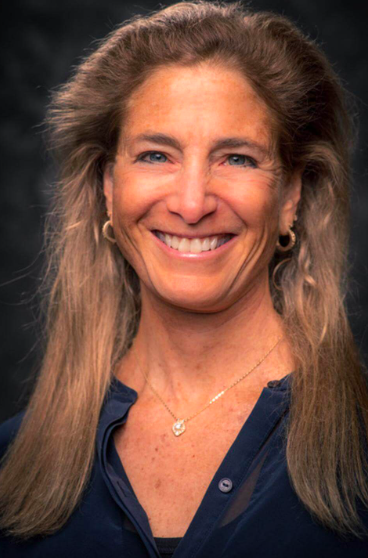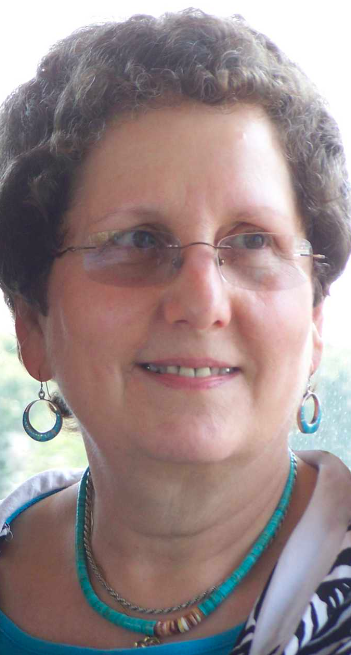The Personal is Political… AND So is The Therapeutic Practice
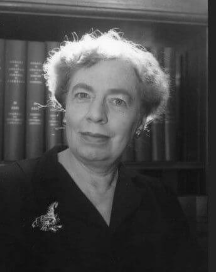
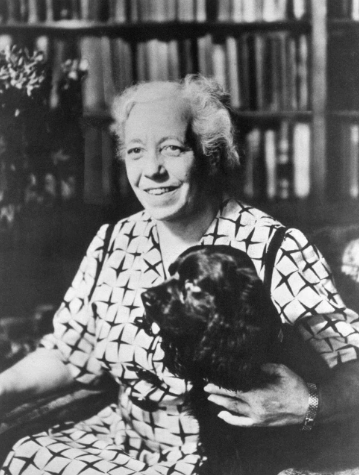
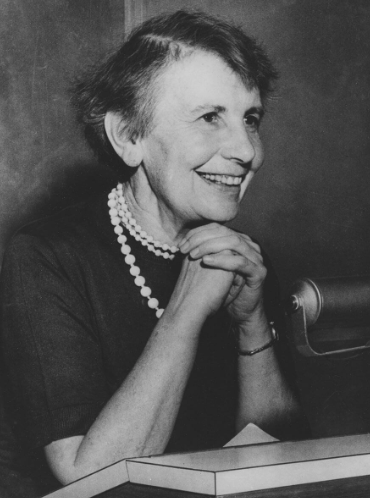
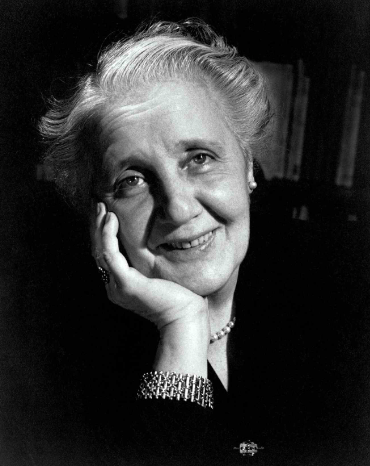
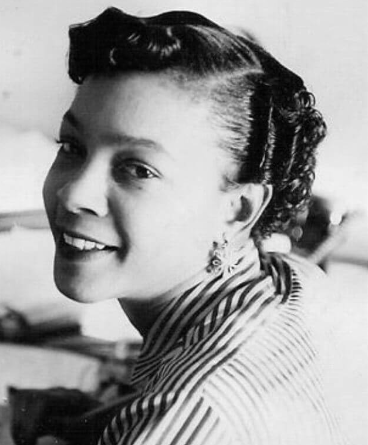
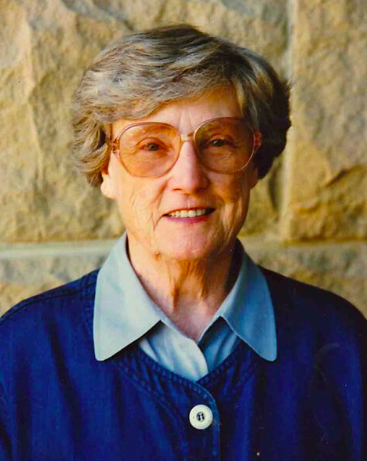
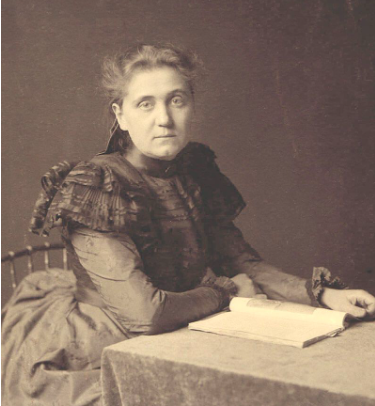
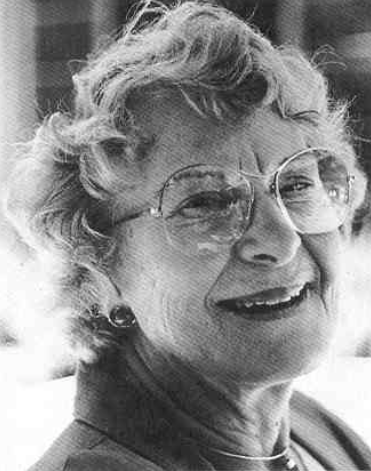
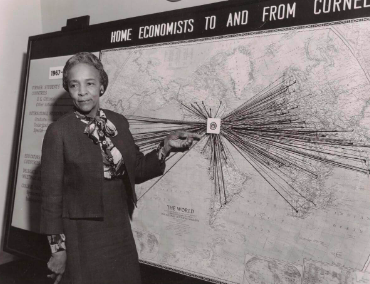
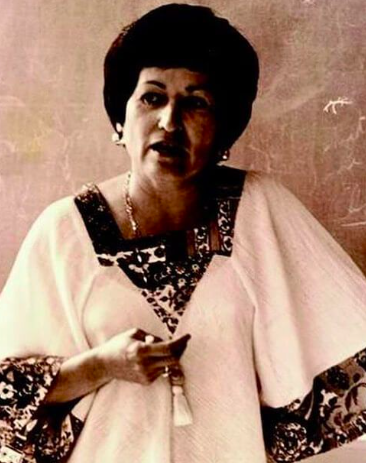
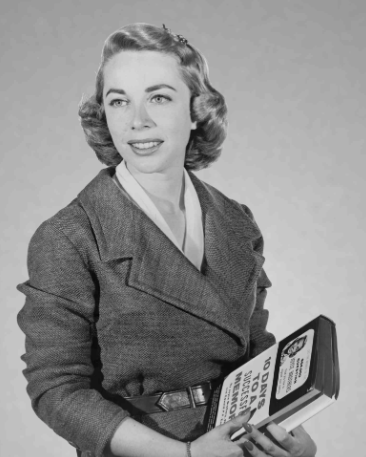
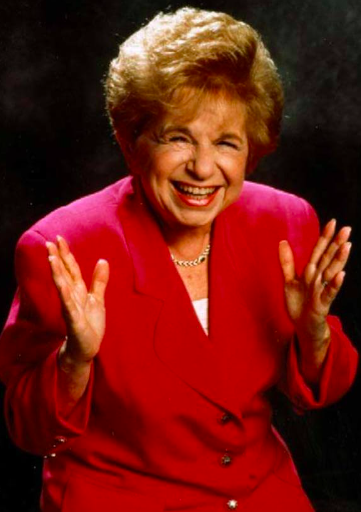
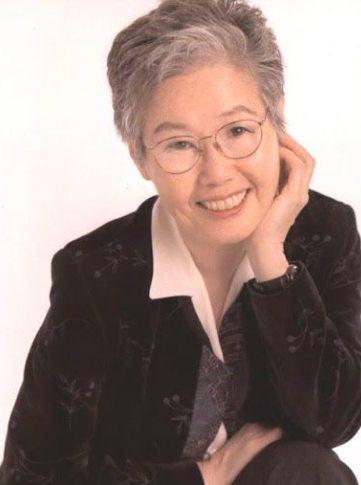


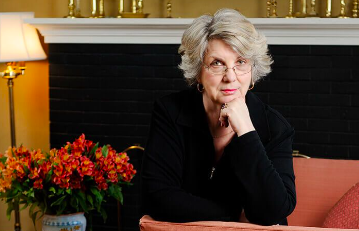
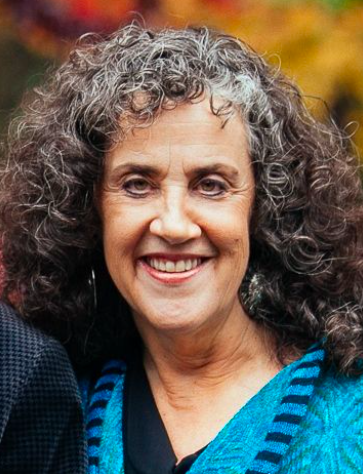
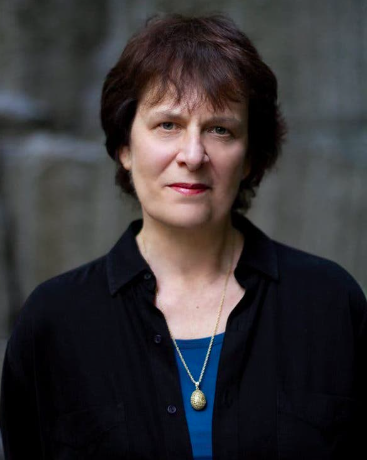
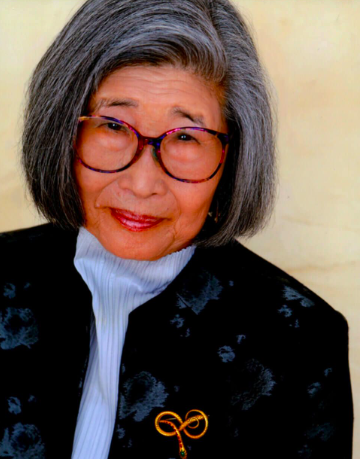
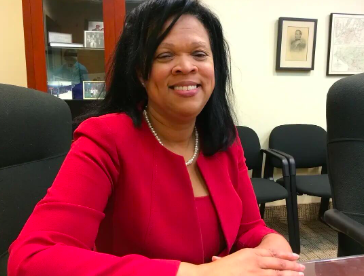
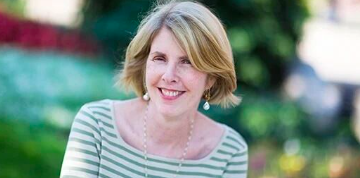
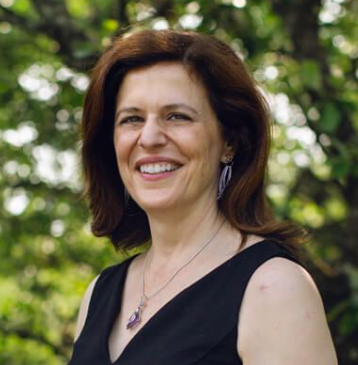
[6]
Welcome to Women's History Month, a time dedicated to recognizing the resilience, achievements, and invaluable impact of women throughout history. Reviewing the slideshow of notable women within psychotherapy, I invite you to reflect, celebrate, and embrace empowerment through their legacies and contributions.
Women have long played pivotal roles as therapists, healers, and advocates. Women have been instrumental in shaping the field of psychotherapy from its inception. Through the obstacles they faced, they have demonstrated remarkable resilience and determination in carving out spaces for themselves within the field. However, the legacy of hegemony continues to permeate the therapy room, influencing power dynamics, treatment approaches, and therapeutic outcomes.
I was first introduced to feminism in a high school philosophy class. It was glossed over through its first-wave lens and I couldn’t wrap my head around how one could conceptualize sociology through gender alone. Needless to say, I didn’t consider myself a feminist for a long time afterwards. It wasn’t until half way through my undergraduate studies, almost five years later that I realized I was woefully misinformed. When I dropped out of one of my majors and gravitated to Women and Gender Studies for its placement opportunities within the upper years, I dove into topics of social justice, diversity, equity and inclusivity, and trauma-informed and anti-oppressive practices. This ultimately shaped the person and professional I have become.
Furthering my continuous education, my understanding was that these theories and practices were fundamental in psychotherapy. Feminist practice leads us through the engagement of transformation so that we may embrace difference and acknowledge the interconnecting influences of political and personal spaces [1]. Feminist practice includes an analysis of power and oppression [1]. Through continued struggle and effort, women identified people have contributed extensively to the field of psychology, to create a more inclusive and informed space, often breaking barriers at times when they were barred from the field due to their gender.
Here are some that I found particularly inspirational:
Mamie Phipps Clarke (1917 - 1983)
As an active community member, psychologist, and Civil Rights activist, she offered insights into racial biases within education through her research. Her studies supported and added to developmental psychology as it related to African-American children [2].
Eleanor Maccoby (1917 - 2018)
As a researcher, she studied gender roles, sex differences, and child social development. Her contributions supported the understanding of the biological and environmental influences on development while adding the acknowledgement of personal agency within development, known as “self-socialization” [3].
Ruth Westheimer (1928 - present)
A sex therapist who de-stigmatized sex through public discussion and education. As a radio and television show host, she was a non-judgmental and informative voice to tap into the taboo [4].
Insoo Kim Berg (1934-2007)
Therapist, educator, and author, she established the Solution Focused Brief Therapy approach. Through the present and future focused modality, she strived to harness client’s strengths to develop clients’ hope and agency, and efficiently meet therapeutic goals [5].
Their approaches to psychology and understandings of women, children, and gender roles forever changed how we understand the world and ourselves, and created lasting impacts and have illuminated concepts in the field of psychology. As well, their intersectional identities as women, racialized people, 2SLGBTQIA+, etc. influenced their perspectives and helped them to understand how their clients experience the world.
Through feminist approaches, practitioners consider how personal histories connect to a bigger context and help identify how the political, social, and historical factors shape experiences. Without this lens, we may struggle to understand and make meaning of who we are, become disconnected from relationships and community, and internalize valid struggles as personal failures. This can further lead to micro-aggressions, reinforcement of oppressive systems and power imbalances, cultural erasure and disconnection, pathologizing resistance or non-conformity, and ultimately create barriers to disclosure and trust.
I invite you to participate in reflecting and sharing stories about your own history through the following prompts:
What options were available in embodying the role of a woman within personal circles while growing up?
What beliefs, opinions, values and worldviews were communicated (or not) by women? Did they feel relevant, relatable or aligned?
What personal knowledge and history feels lost, missing, or hidden? How would accessing this be beneficial?
Through personal agency, how can women's history be remembered and added to?
When weaved within the witnessing of the current and continuously unfolding global events: genocide, removal of rights, and otherwise violence against women and 2SLGBTQIA+ folk, etc. it is important for me to recall those who have come before to create the space in which I am now working, and the continuing legacies I am both working in, and those I am working against to make this work more equitable, more accessible, and to continuing my own education on topics of social justice, diversity, equity and inclusivity, and trauma-informed and anti-oppressive practices.
As a practicing psychotherapist, I work to understand oppression based on intersectional identities, and recognizing the psychological impacts of them. Through this, the goal is to move away from a focus on pathology and recognize the agency within coping mechanisms as a response to trauma in order to avoid minimization and dismissal of experiences.
This is my invitation to reflect on how your own personal world impacts history.
References:
Peasley, E. M. (2004). Therapists' experiences of power in feminist therapy: an exploratory study.
Butler, S. (2009). Mamie Katherine Phipps Clark (1917–1983). The Encyclopedia of Arkansas History & Culture. Retrieved February 29, 2024.
Eleanor Maccoby, 1917-2018. (2018). Psychological Science. Retrieved February 29, 2024.
Ostberg, R. (2023). Ruth Westheimer. Encyclopedia Britannica. Retrieved February 29, 2024.
Lutz, A.. (2017). What is solution-focused therapy. Institute for Solution-Focused Therapy. Retrieved February 29, 2024.
Celebrating women leaders in psychology: Past and present. (n.d.) Zen Care. Retrieved February 29, 2024.
